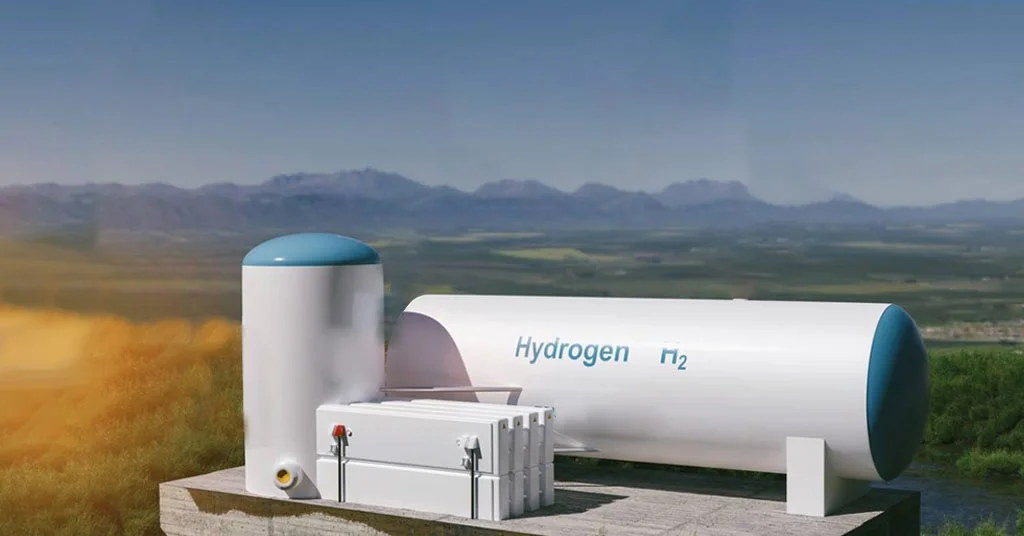Welcome To ChemAnalyst

Green hydrogen stands as a pivotal cornerstone in Taiwan's strategic roadmap towards achieving its ambitious 2050 Net-Zero Emissions Plan. The National Development Council (NDC) places significant emphasis on the role of green hydrogen within Taiwan's energy landscape, foreseeing its substantial integration by at least 2040. Distinguished as renewable hydrogen, this variant is acquired through the process of water electrolysis, powered exclusively by renewable energy sources. This attribute renders it an exceptionally clean and sustainable hydrogen source, devoid of pollutant emissions.
While green hydrogen harnesses renewable energy, it distinctly differs from pink hydrogen, which originates from nuclear-powered electrolysis. The association with nuclear energy could clarify the limited discussions around pink hydrogen. Recognizing hydrogen's pivotal position, Taiwan positions it as a foundational element in transitioning towards a cleaner energy future, particularly for sectors burdened with challenging-to-mitigate emissions. In situations where conventional renewable energy solutions, like wind or solar, may be less viable, hydrogen emerges as a crucial alternative. However, realizing the potential of clean hydrogen demands substantial investments in infrastructure, electrolysis technologies, transportation, and storage. These investments form the essential bedrock that propels green hydrogen into an impactful solution towards achieving net-zero emissions.
Green hydrogen has already found application in fuel-cell vehicles, gaining considerable traction as a prominent avenue for renewable energy utilization. However, while the interest in reducing emissions is fervent, it's equally crucial to acknowledge the gradual progress in adopting green hydrogen fuel-cell vehicles within the automotive market.
Despite the formidable investment requirements, the allure of green hydrogen remains potent, further amplified since the United Nations Climate Change Conference (COP26). The United Nations' special climate change report has catalyzed intensified interest in green hydrogen stocks among both public and private investors. Consequently, individual investors are contemplating incorporating hydrogen companies' stocks into their Environmental, Social, and Governance (ESG) portfolios or embracing this sector as a transformative force within the energy landscape.
Although the global implementation of green hydrogen is still in its infancy, technological strides and cost reductions, coupled with an increasing number of countries and entities setting clean hydrogen targets, signify promising prospects. Prominent industry leaders such as FuelCell Energy Inc., Bloom Energy Corp., Plug Power Inc., and Air Liquide S.A. have positioned themselves as trailblazers in this emergent sector.
The production of green hydrogen echoes worldwide, symbolized by the formation of the Hydrogen Council. Launched at the World Economic Forum in Davos in 2017, this collaborative initiative rallies industry luminaries, investors, and decision-makers around advancing green hydrogen technologies. Initially comprising 13 prominent figures from energy, transportation, and manufacturing sectors, the Council's membership now exceeds 150 multinational companies across the hydrogen value chain.
The Hydrogen Council's research and publications serve as influential guides for international institutions delving into novel energy arenas. Importantly, its impact reverberates through hydrogen's central role in post-Covid stimulus plans and government-led decarbonization strategies. Across the globe, 40 national hydrogen strategies, including Taiwan's, underscore the concerted drive to harness hydrogen's potential to decarbonize, enhance energy security, and stimulate sustainable economic growth by unlocking untapped energy resources. As Taiwan charts its path towards 2050 energy goals, with green hydrogen as a guiding star, the world watches intently. By that pivotal year, Taiwan could potentially account for up to 22% of the global energy demand, underscoring the paramount importance of green hydrogen in realizing these ambitious aspirations.
We use cookies to deliver the best possible experience on our website. To learn more, visit our Privacy Policy. By continuing to use this site or by closing this box, you consent to our use of cookies. More info.
